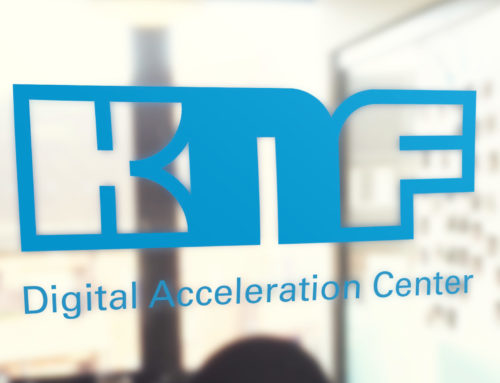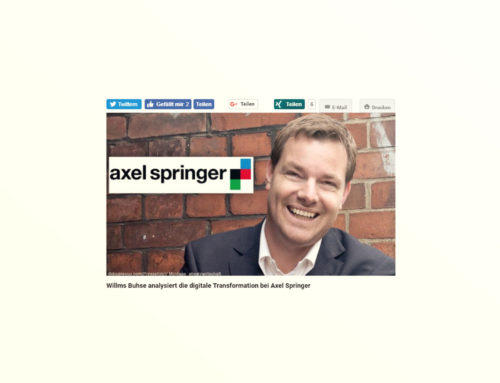13 impressive statements how managers and teams experience steering using OKR
„In the last review, for the first time there was no search for a guilty party”
You’d think they’d have magical powers. But with Objectives and Key Results (OKR; here as TED-Talk) you can really pave the way to align an organization strategically and develop it further in a coordinated way with constant feedback loops. With the help of OKR, it is then possible to make the steering mechanism agile and thus develop adaptable routines.
In our last article we have already dealt with the challenges of agile working, but also with some strategic advantages, especially in connection with objectives and key results.
Today, we want to share the key learnings and changes from our customer projects that executives and teams have experienced and passed on to us when working with OKR. These voices come from a wide range of industries and sectors – from mid-sized companies to large corporations, from traditional companies to start-ups. The managers, employees and entrepreneurs said:
#future orientation
“In the last review, for the first time there was no search for a guilty party.”
#results
“My most important point is that with OKRs you no longer focus on the process but on results. Priorities are clearly defined and manageable.”
#innovation
“We as a team are now developing a much more precise idea of what a result should look like. And only then do we see how we get there. This means that we set ourselves more ambitious goals and work more innovatively.”
#bigpicture
“I find it easier to see the big picture, the connections. One reason for this is that we deal with the topics and the overall orientation more consistently – and that there is time for this.”
#management
“I have to micromanage less. My team is more mature, takes responsibility and decides on its own measures.”
#crosslinking
“The transparency makes it impossible to remain in silo thinking.”
#alignment
“Abstract strategy can now be broken down to team measures after all.”
#motivation
“My team really recognises their contribution to overall success for the first time, because their own contribution is measurable and visible.”
#softfactors
“Even “soft” goals like competence development or mindset have a place in this method.”
#simple
“I have seen how a 50-page strategy document became an OKR one pager.”
#forecast
“Dependencies between workstreams, which otherwise often lead to obstacles later on, were identified very early this time.”
#agility
“Agility does not mean that long-term goals are thrown overboard. I’ve only just experienced that.”
#participation
“Through this method I have heard for the first time also much more introverted team members and their valuable approaches.”
What are your experiences with the use of OKR? What statements have you already heard in connection with Objectives and Key Results? Talk to us directly or write it here in the comments.






